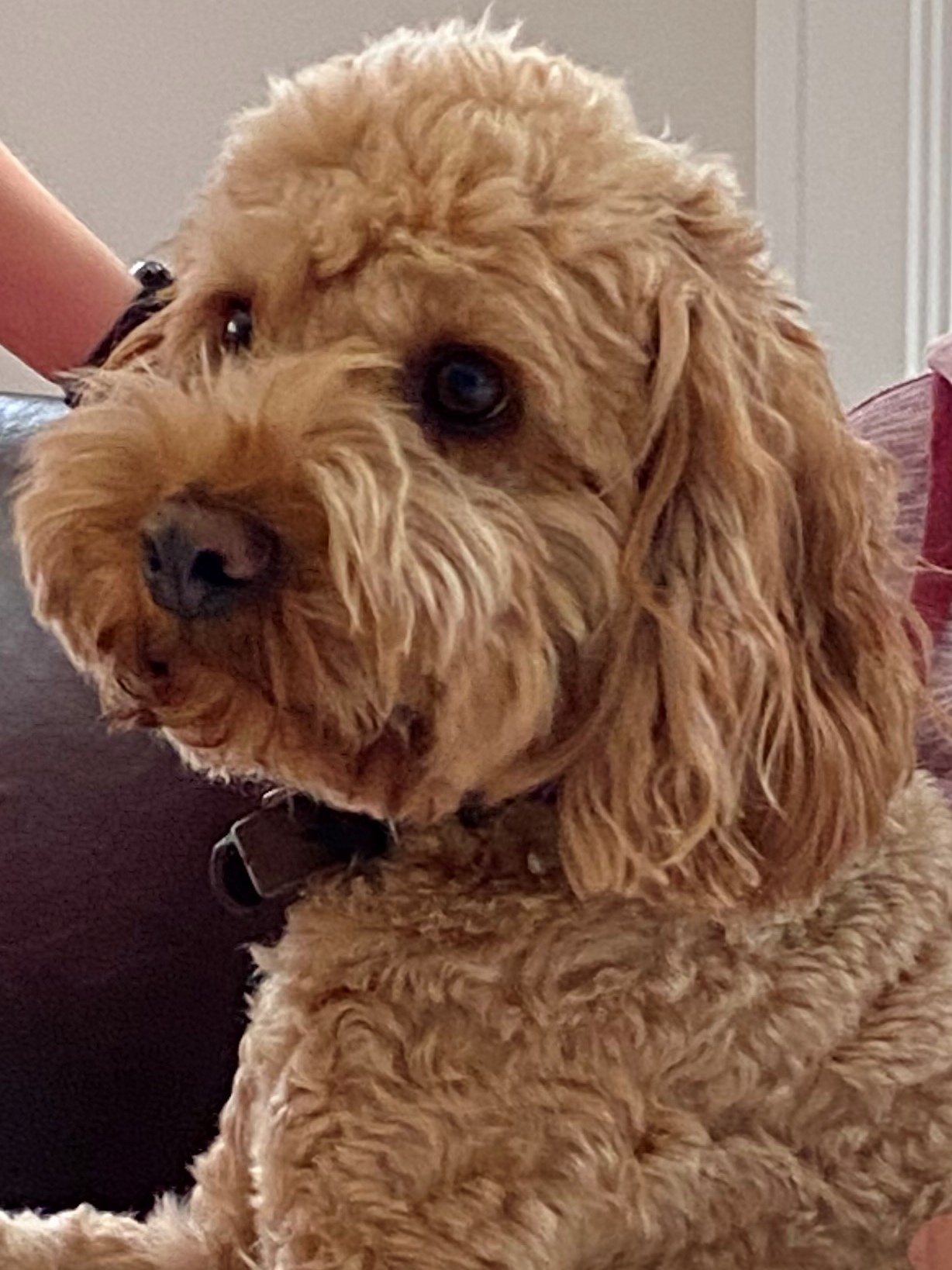I bought a pair of pyjamas recently and on them is the quote, “Be the person your dog thinks you are”. There are cute dog prints over the pyjamas too, but that’s besides the point.
I have a dog, and sometimes I think that I am probably the most important person in my dog’s world. He loves the rest of the family too; however, he gets more than the occasional play and pat with me. Most of the time I feed him, walk him and if I am relaxing on the couch, he will always choose to come to me, and will even climb over the kids who may be next to me to get as close to me as he can. I can really feel his love and loyalty, and I am sure he can feel mine towards him. Of course, there are times when he will sense and feel my frustration, not listening when I tell him to come in, or running off with something he shouldn’t, but his love and loyalty doesn’t change. He is always in a present state. Not appearing too bothered about what happened yesterday, or what’s happening tomorrow, just loving and fun right now.
When I saw the pyjamas with that quote, I immediately thought of my dog, and soon after as I was browsing through the store (thank you lockdown easing of restrictions) extended my thinking to leadership. What if the quote said, “Be the person your team thinks you are.” Would that be good, bad or neither? It got me thinking about what those that work with us think of us. Are we being the person they think we are? Are we being the person we think we are for them?
If we are unsure about what person our team thinks we are, we can ask. Asking for feedback can be confronting and you may not get anything back, but if you ask in a way which opens up the conversation, if it is a genuine request and if you create a culture of feedback in your team it will come. You can also access this data from pulse surveys and engagement surveys to get a sense of what your team think about you and your leadership.
I love the Johari window model as a way of developing an understanding of our blind spots. Our blind spots are those aspects of our personality and approach that we may not be aware of, but others can see and experience. The thing about blind spots is that you have to intentionally have a look to see if there is anything in your blind spot before you know it is there. You can sense something, but you cannot be sure unless you have a look. Having a look, is about asking for feedback. Without it, there could be some things that remain as blind spots.
You won’t be loved or maybe liked by everyone. A favourite quote of mine which I can’t attribute to one person as I have heard it from many is “What others think of you is none of your business”. Don’t use that as an excuse to treat others poorly, but it is a good reminder that sometimes you need to do certain things and make particular decisions as a leader even if it not popular.

